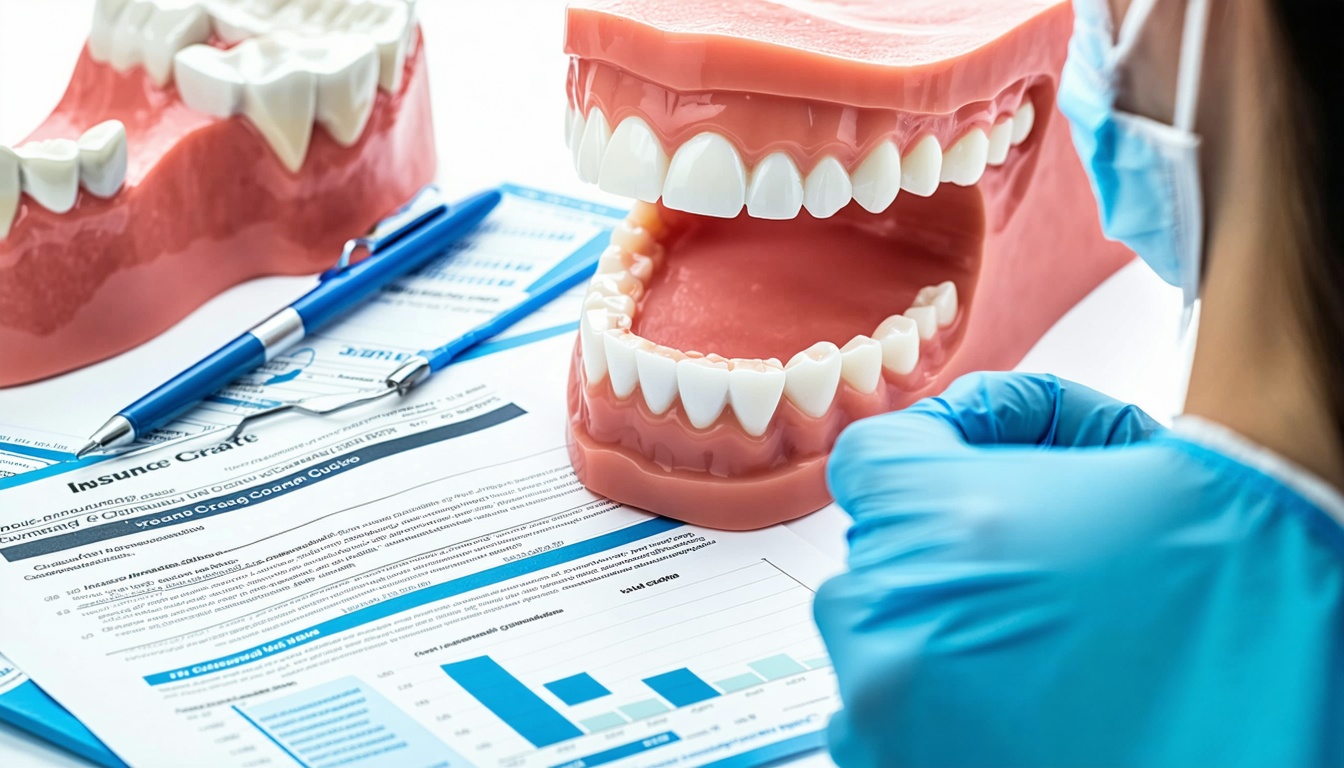
If you are exploring insurance for gum graft procedures in the Charlotte area, you likely have questions about coverage, out-of-pocket costs, and how to navigate both private plans and Medicaid benefits. Gum graft surgery can restore receding gums, prevent sensitivity, and protect your oral health, but the cost may vary based on your policy, treatment type, and provider. This guide will help you understand coverage basics, compare private policies, explore Medicaid options, estimate expenses, and plan effectively for your procedure.
Dental plans typically classify services into preventive, basic, and major categories. Gum grafts fall under major services, which often carry higher coinsurance and waiting periods than cleanings or routine exams.
| Service category | Examples | Typical coverage |
|---|---|---|
| Preventive | Exams, cleanings, X-rays | 100% with no deductible |
| Basic | Scaling and root planing, fillings | 70% to 80% after deductible |
| Major | Gum grafts, implants, crowns | 50% to 80% after deductible |
(Data from Colorado Gum Care)
In certain cases, medical insurance may cover periodontal treatments when there’s a link to systemic health issues such as diabetes or heart disease. Check with your provider—some plans reimburse gum grafts deemed medically necessary (Norman Family Dentistry).
Most dental policies cover gum grafts if they prevent further recession or treat disease. Cosmetic grafts done solely for aesthetic reasons are usually excluded (Aflac).
Major services often require 6 to 12 months of plan enrollment before coverage begins, so review your policy’s waiting-period clause (Colorado Gum Care).
Private plans vary widely. Understanding each insurer’s approach to gum graft coverage ensures you choose a policy that meets your needs.
Common restrictions include:
If you need a graft soon, verify how long you’ve been enrolled and whether you qualify for exceptions due to pre-existing conditions or medical necessity.
Medicaid plans in North Carolina offer varying levels of periodontal benefits. Knowing what’s covered and where to find providers empowers you to get the care you need.
Medicaid eligibility depends on income, age, disability status, or participation in other assistance programs. Seniors and low-income adults may qualify for full dental benefits.
North Carolina Medicaid may cover gum grafts deemed medically necessary to address severe recession or prevent infections. For details, see medicaid periodontal services and gum recession treatment with medicaid.
Locate a participating specialist via periodontist that accepts medicaid or seek a medicaid dentist for gum infections who can assess your need for grafting.
Even with insurance, you may face deductibles, coinsurance, and treatment-related fees. Understanding cost drivers helps you budget effectively.
National averages range from $2,120 to $4,982 per graft site, with a mean of $2,742 (CareCredit). Some providers quote per tooth ($600 to $1,200) (Flossy).
Get the most from your coverage with strategic planning before and after you book your procedure.
In-network specialists charge negotiated rates and reduce your coinsurance. Always confirm your provider’s status before scheduling.
If your primary policy offers limited major-service coverage, explore add-on plans for periodontal care or standalone gum-disease benefits like insurance for gingivitis and periodontitis.
Selecting the right clinician ensures predictable results and smooth insurance claims.
Call your insurer with the provider’s name and NPI to confirm active participation.
Request a pre-authorization or pre-estimate of benefits to understand your coinsurance, deductible, and any out-of-pocket fees.
A clear plan keeps your treatment on track and minimizes surprises.
Coordinate with your periodontist’s office to secure dates, verify pre-op insurance approval, and confirm any deposit or co-pay requirements.
By understanding how insurance for gum graft procedures works and planning ahead, you can restore your gum health with confidence. Review your policy documents, contact your insurer for details, and schedule a consultation with a qualified periodontist in Charlotte to take the next step toward a healthier smile.


